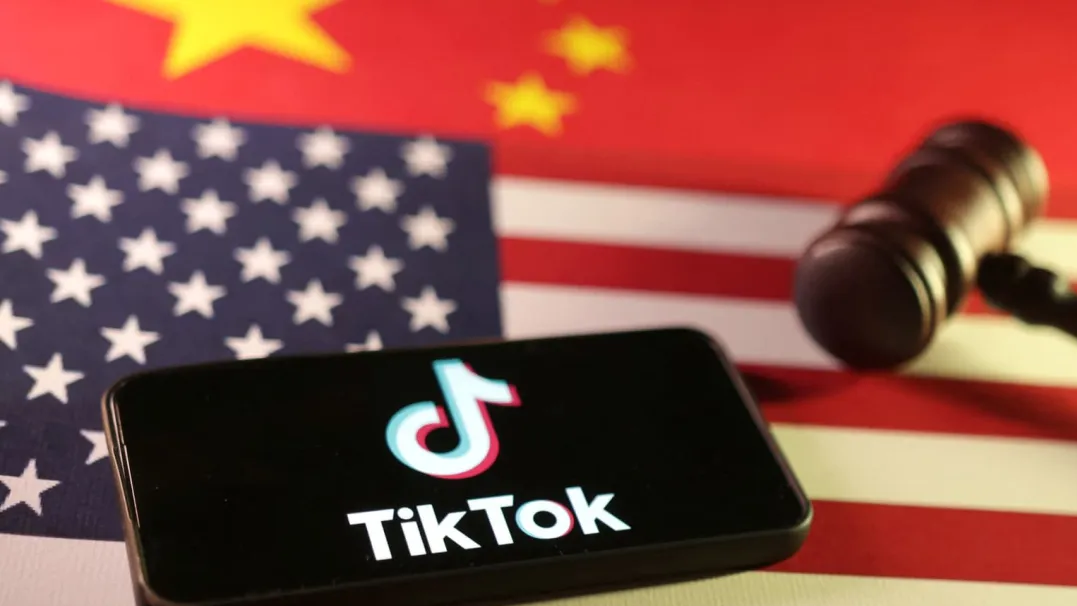Have you heard about RedNote, but aren’t exactly sure what it is?
As of Monday, the social media app has soared to the top of Apple’s app store.
Ahead of a looming U.S. ban on TikTok, content creators have been flocking to RedNote as well as Lemon8, TikTok’s sister app. Here’s what you need to know about both alternate apps, plus an update on the approaching ban itself.
“Xiaohongshu” as the app is called in China, is “a dynamic lifestyle platform for young people to share experiences, explore a real, beautiful, and diverse world, and find the lifestyle they desire,” according to its description on the Google Play Store.
Based in Shanghai, RedNote was founded in 2013, and has increasingly challenged Alibaba and Douyin, ByteDance’s version of TikTok in China, in e-commerce and social media, CNBC reported. It had about 300 million monthly active users as of July 2024, according to a report by the South China Morning Post.
The Morning Post referred to the platform as an “Instagram-style app where young consumers to share lifestyle tips” that is “seeking to become a new force in the country’s crowded e-commerce market.”
Like TikTok, Lemon8 is owned by China-based ByteDance, whose collection of internationally available apps also includes the video editing app CapCut and the photo and art editing app Hypic. In addition, the company operates Douyin, the Chinese sibling of TikTok that follows Beijing’s strict censorship rules.
Lemon8 launched in the U.S. in 2023, a few years after it first popped up in Asian markets. Though it garnered some media and user interest in its early days, the app hasn’t taken off as much as TikTok, which has more than 170 million U.S. users.
But more people have downloaded the app in the past month, making it one of the top-ranking free apps on Apple’s app store.
Like TikTok, Lemon8’s main feed features both a “following” section that lets users look at content from the creators they follow and a “For You” section that recommends other posts. The newer platform also sorts posts into different categories, like relationships, wellness and skincare.
ByteDance has not disclosed the number of global or U.S. users on Lemon8, which is believed to be miniscule compared to its trend-setting sister app. Data from the research firm SimilarWeb indicates Lemon8 has a little over 1 million daily active users in the U.S. According to the market intelligence company Sensor Tower, the app had 12.5 million global monthly active users as of Dec. 24.
As of Friday, the Supreme Court seemed likely to uphold a law that would ban TikTok in the United States beginning Jan. 19 unless the popular social media program is sold by its China-based parent company.
Hearing arguments in a momentous clash of free speech and national security concerns, the justices seemed persuaded by arguments that the national security threat posed by the company’s connections to China override concerns about restricting the speech either of TikTok or its 170 million users in the United States.
Early in arguments that lasted more than two and a half hours, Chief Justice John Roberts identified his main concern: TikTok’s ownership by China-based ByteDance and the parent company’s requirement to cooperate with the Chinese government’s intelligence operations.
If left in place, the law passed by bipartisan majorities in Congress and signed by President Joe Biden in April will require TikTok to “go dark” on Jan. 19, lawyer Noel Francisco told the justices on behalf of TikTok.
TikTok, which sued the government last year over the law, has long denied it could be used as a tool of Beijing.
The company negotiated with the Biden administration between 2021 and 2022 to resolve the concerns around U.S. data privacy and potential algorithmic manipulation. In court documents, it has accused the administration of essentially walking away from those negotiations after it presented a draft agreement in August 2022. But the Justice Department has said the Biden administration concluded the proposal was “insufficient” because it would maintain TikTok’s ties to China. The agency said the Executive Branch also could “neither trust ByteDance to comply nor detect noncompliance before it was too late.”



